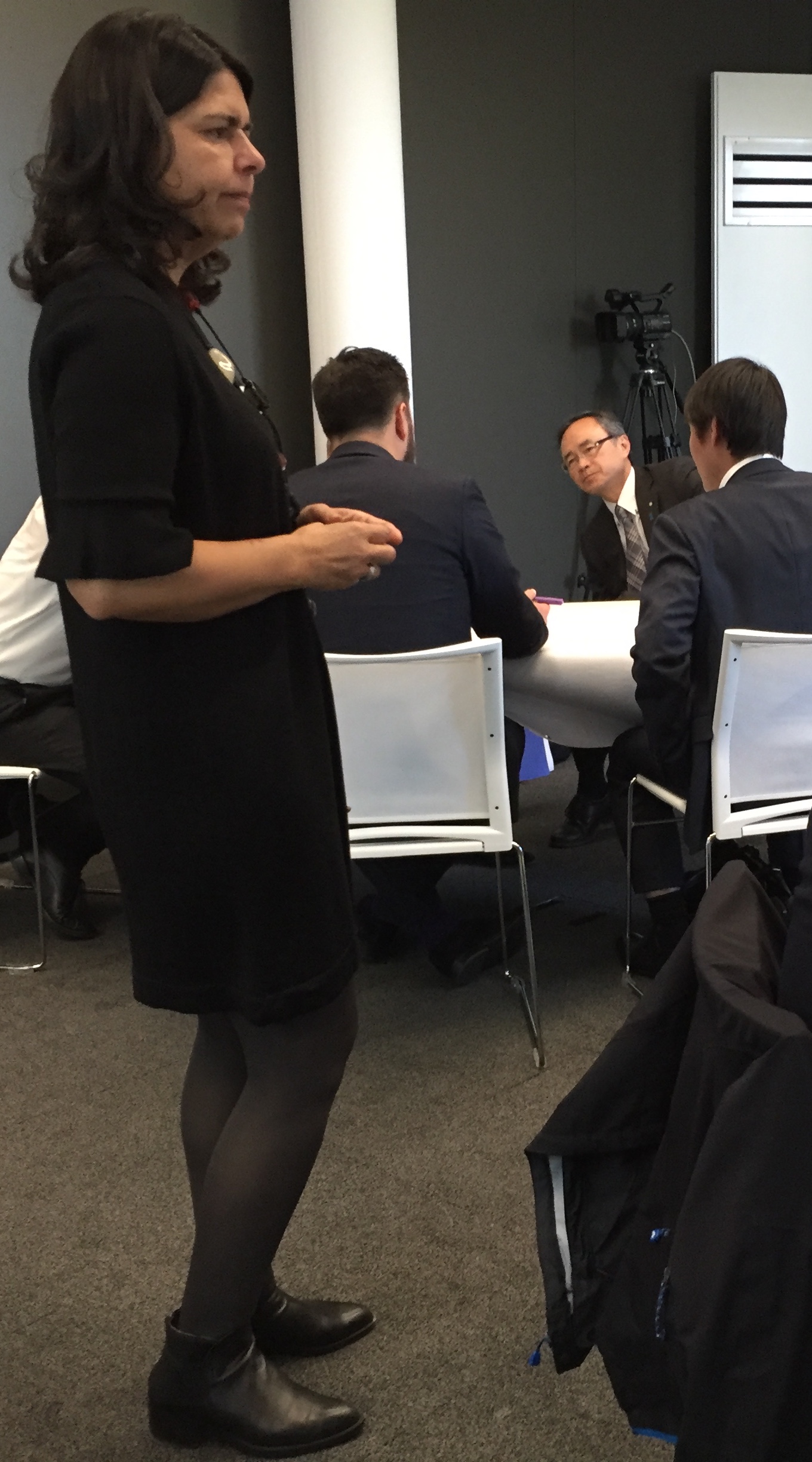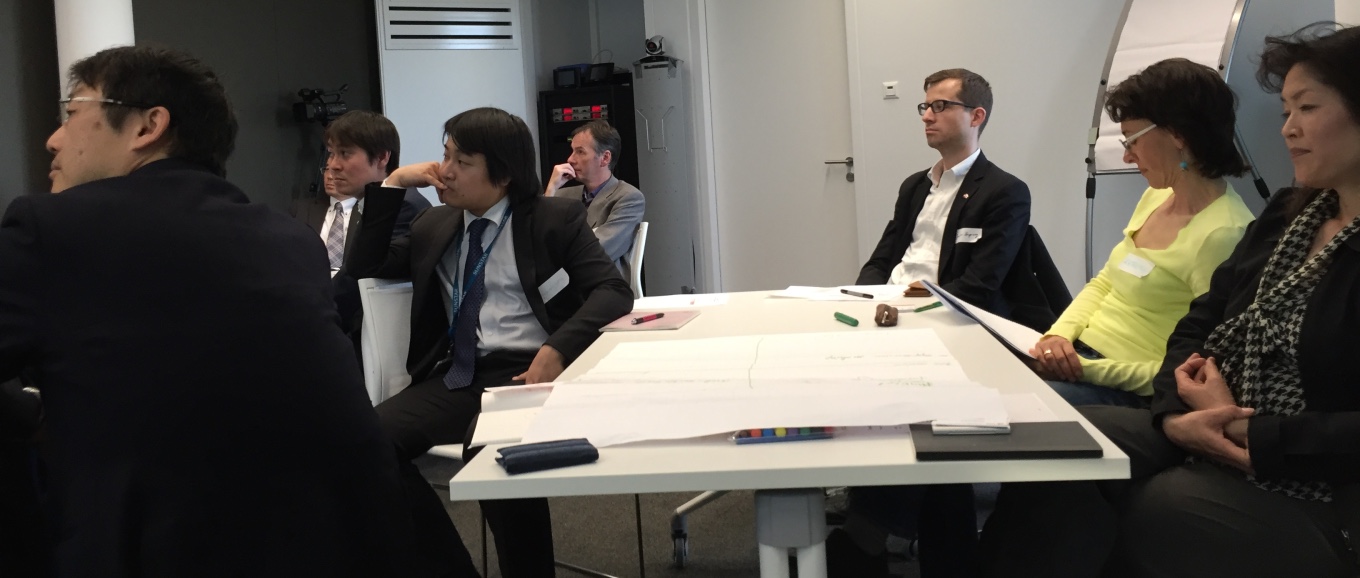Welcome to Europe-Japan Dynamics!
What we do.
Who we are.
************************************
Pick of the week from Japan, 18 – 22 September
21 Sep. Imagination of negative perception of others against child-care leave blocks men from taking it
“I am positive to men’s child-care leave but others must not be” — it was found that such perception is a major factor that make men refrain from taking the child-care leave. A group of researchers of University of Kyusyu published the result in an electronic version of “Frontiers in Psychology”, an international scientific journal.
Professor Hiroyuki Yamaguchi and a doctral student, Takeshi Miyajima, who undertook the research concluded, “Men have a strong perception that other men have negavive views on child-care leave. Such an incorrect perception prohibits men from taking the leave”.
“What others think of me is more important than what I think” — such a way of thinking appears to govern the Japanese to decide his/her action. This especially is the case when they take action where little preceding cases are found, such as men’s child-care leave.
It was a nice culture shock for me to learn that I had to take my own decision independent from what others were doing, when I started living in Canada as a graduate student. Before that, I was taught by the society that my priority should be what a group I belonged to wished me to do, not my own decision. The article cited above signals that such culture still strongly prevails in the country.
Who will benefit from the child-care leave if those men who need it do not take it? For how long will men carry on working till late in the evening everyday, instead of taking time to perform fathers’ tasks with children at home?
Fathers may just be scared by their own perception of men’s child-care leave, not others’.
- The news items referred here are picked up from “Asahi Digital”, and translated by Europe-Japan Dynamics. The cited titles or articles are not an official translation by the Asahi Newspaper.
************************************
- Interested in our cross-cultural trainings, coaching and consulting to move forward business with Japan? Please talk to us.



